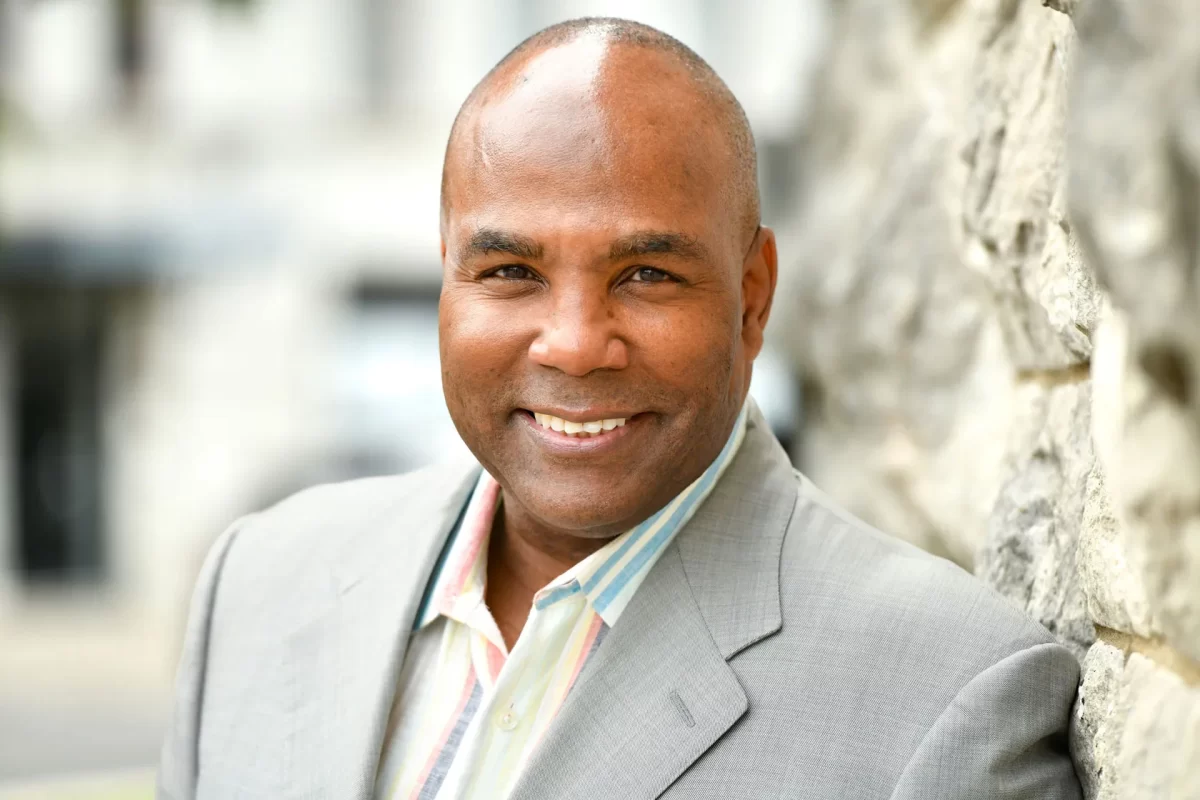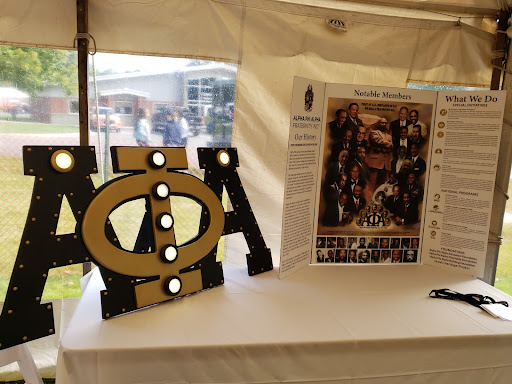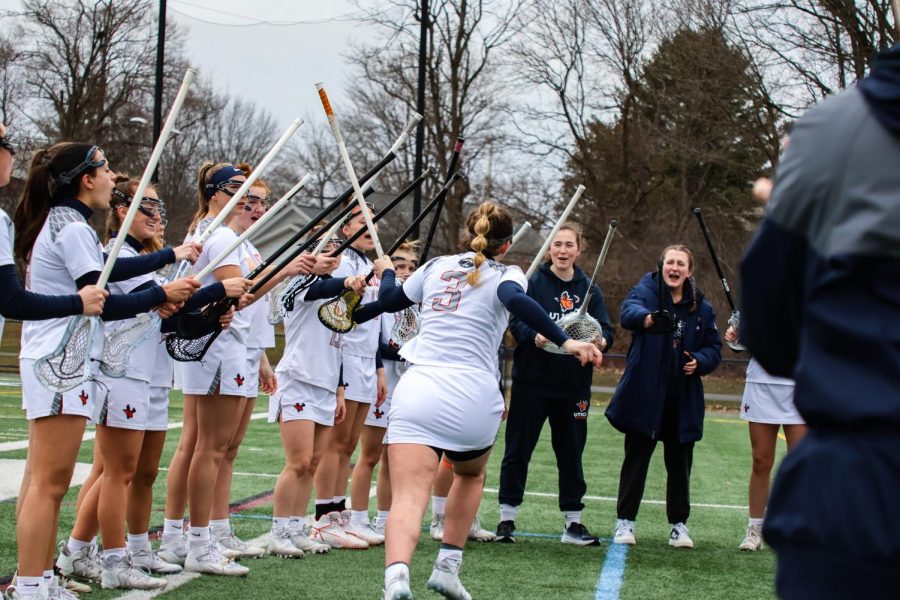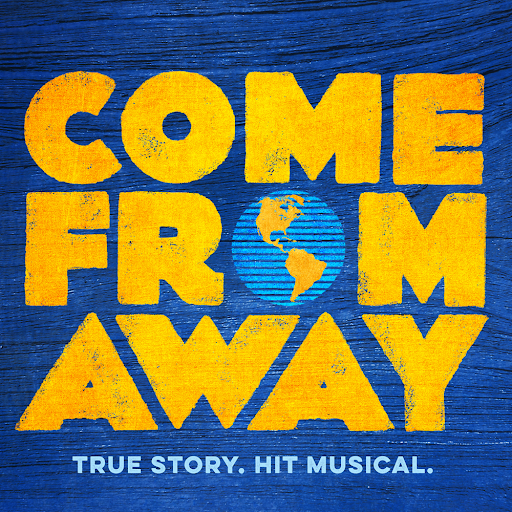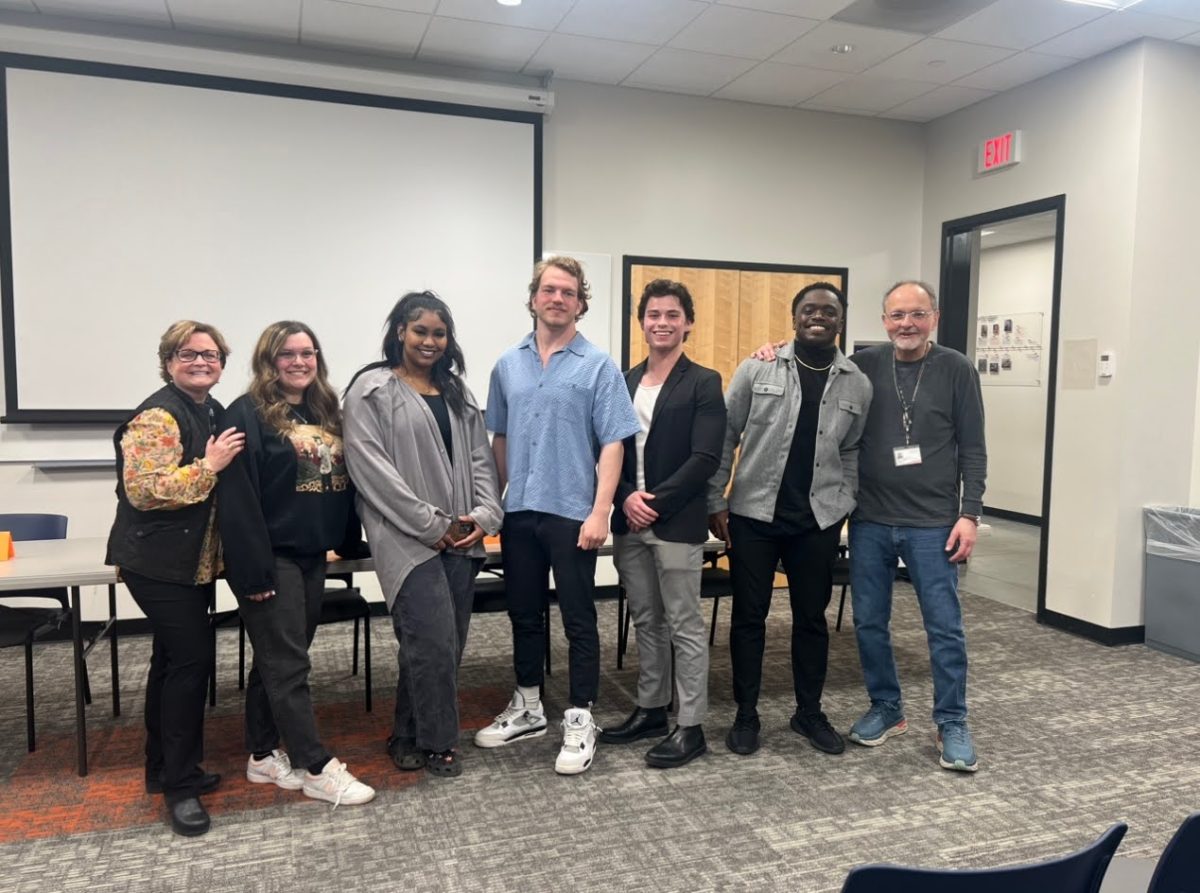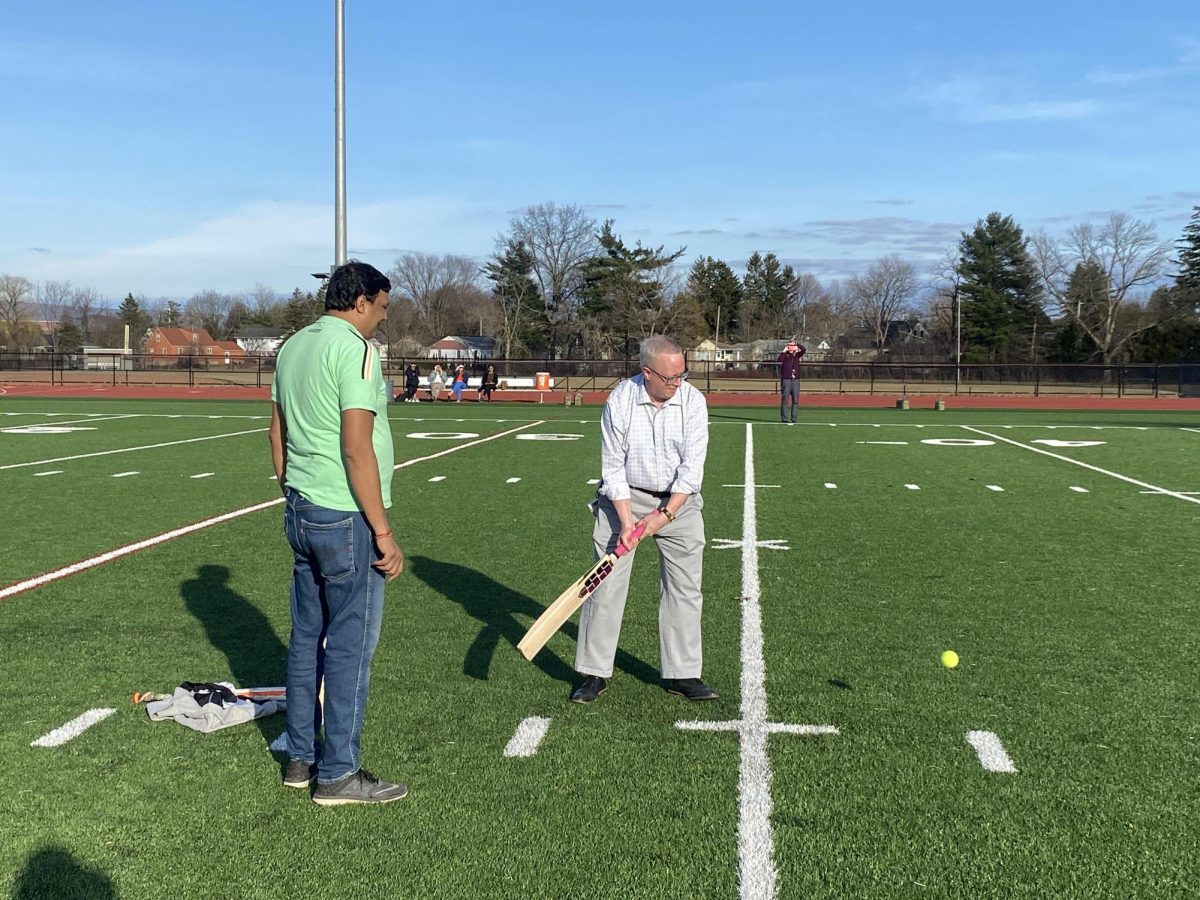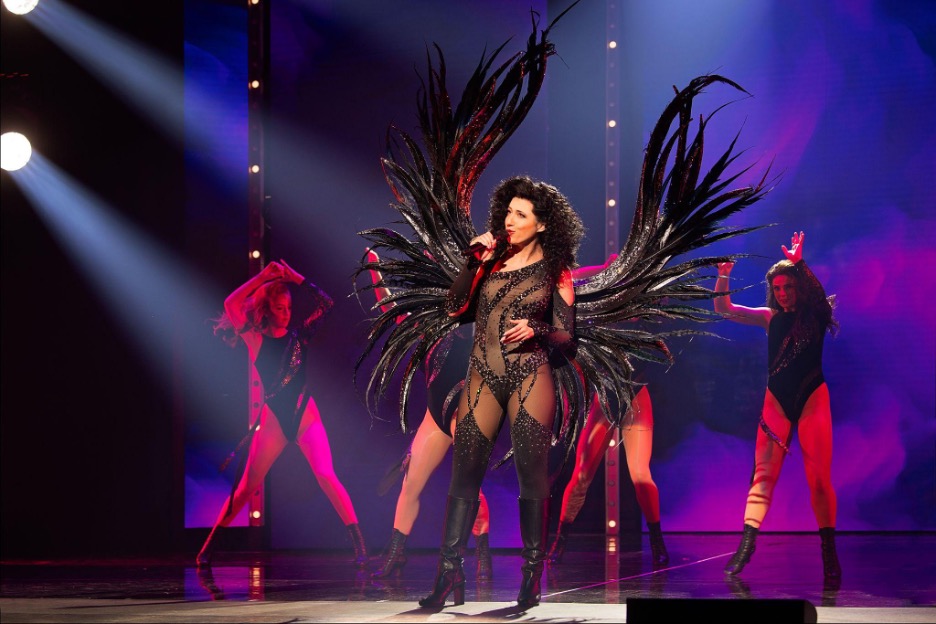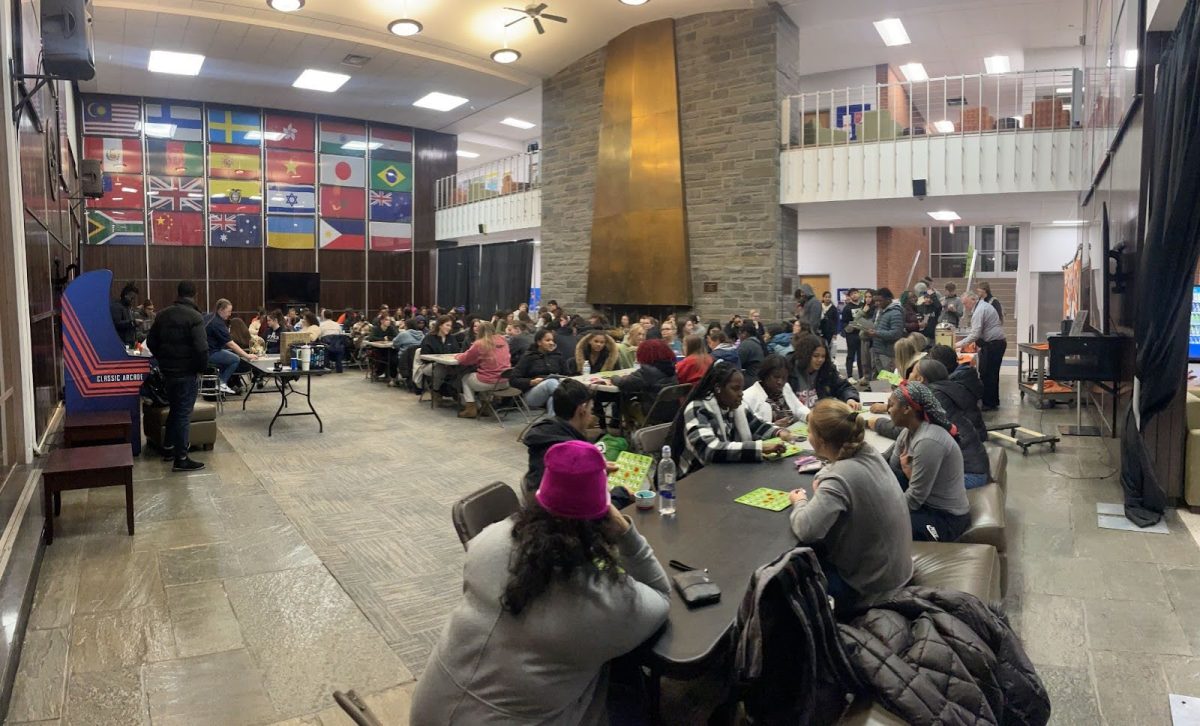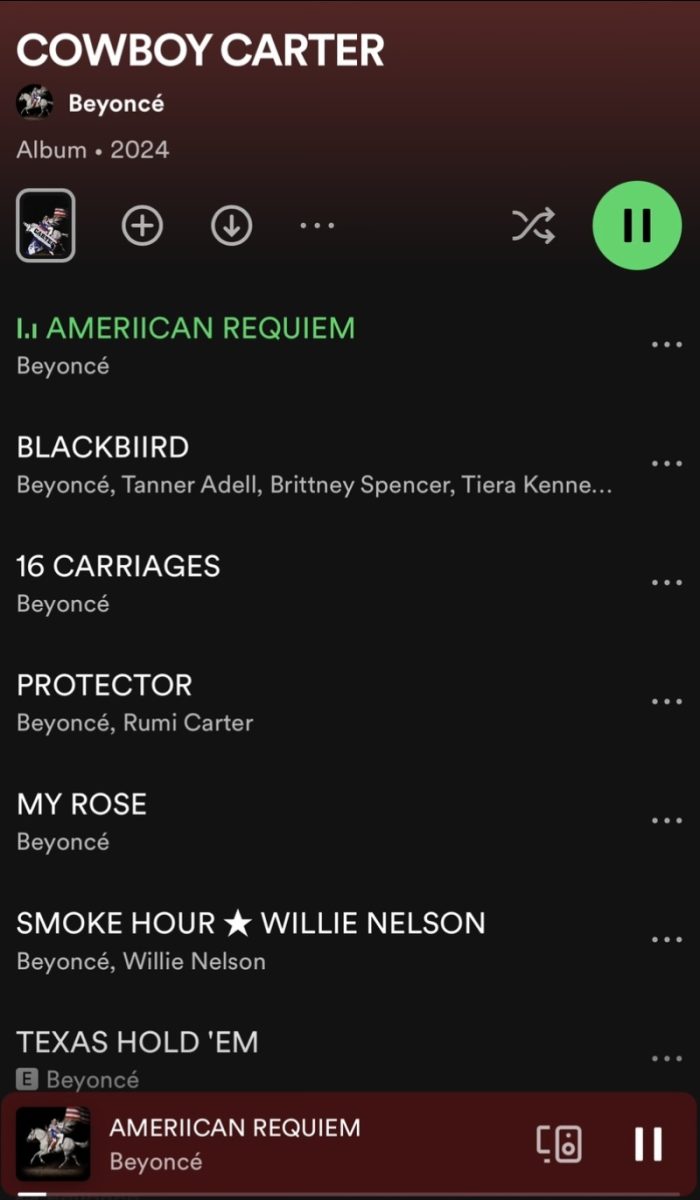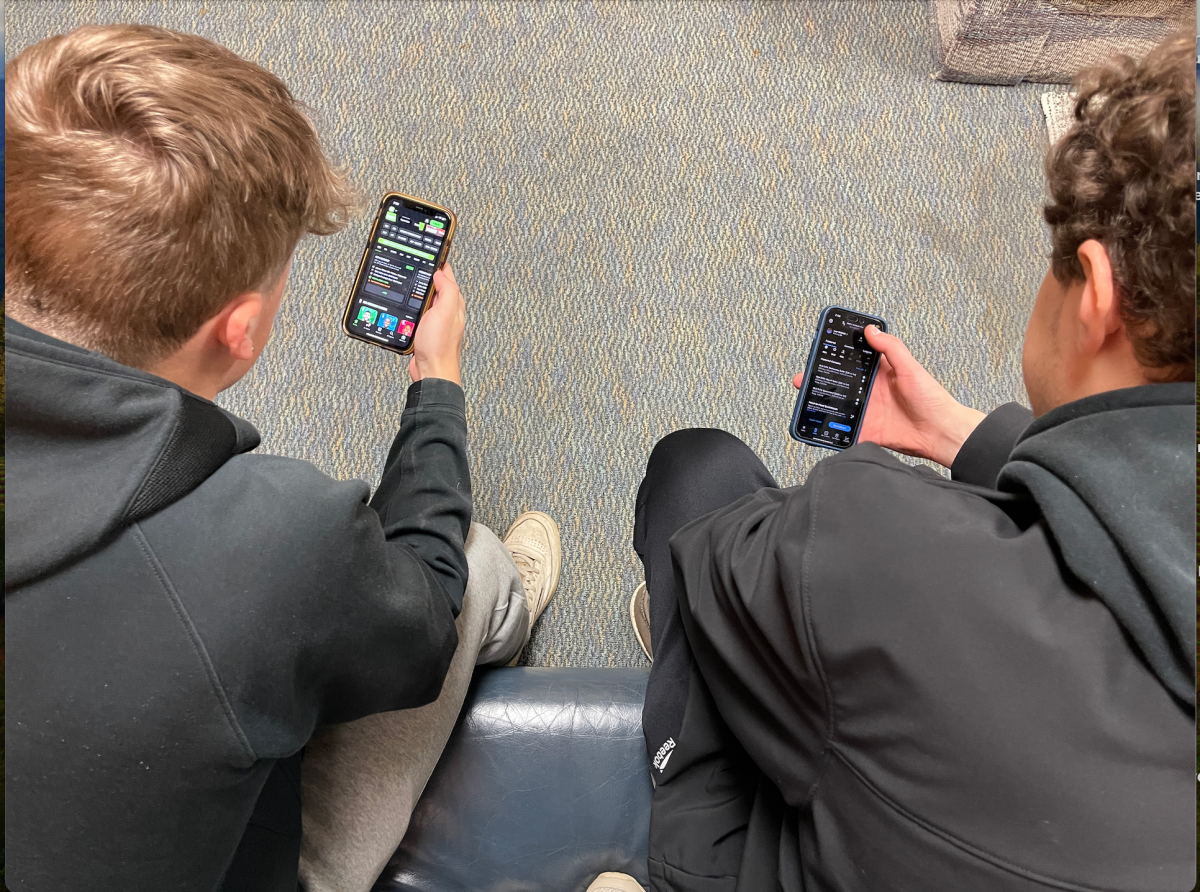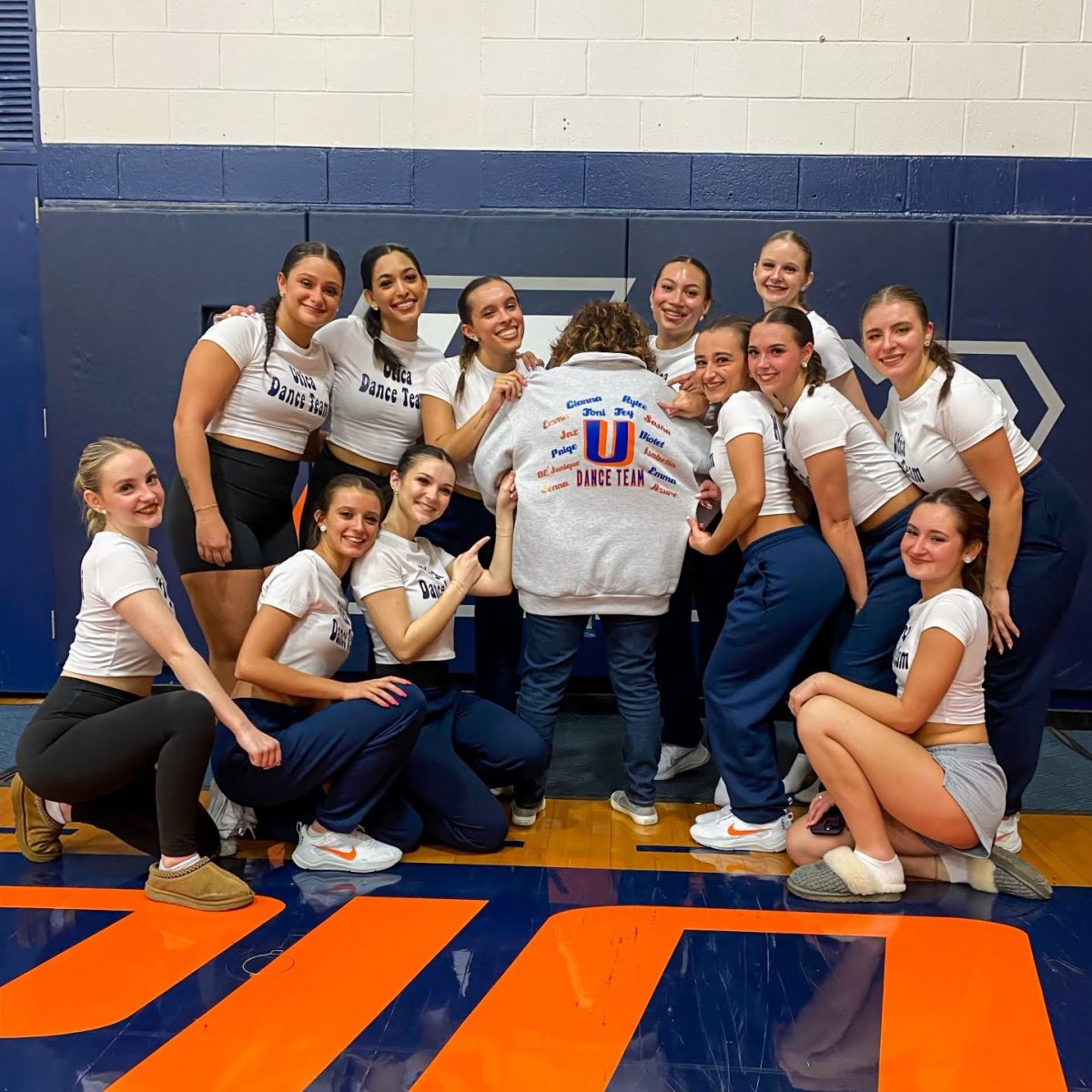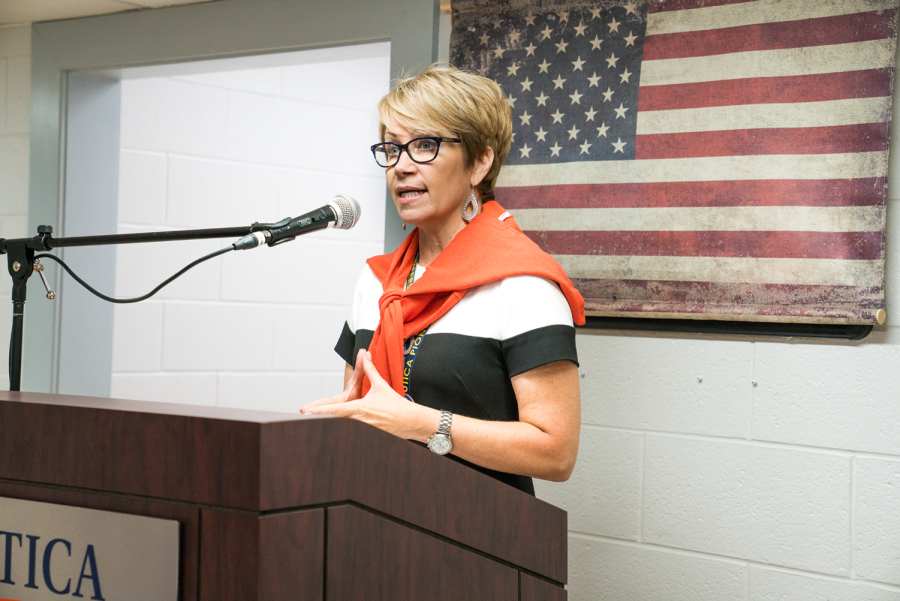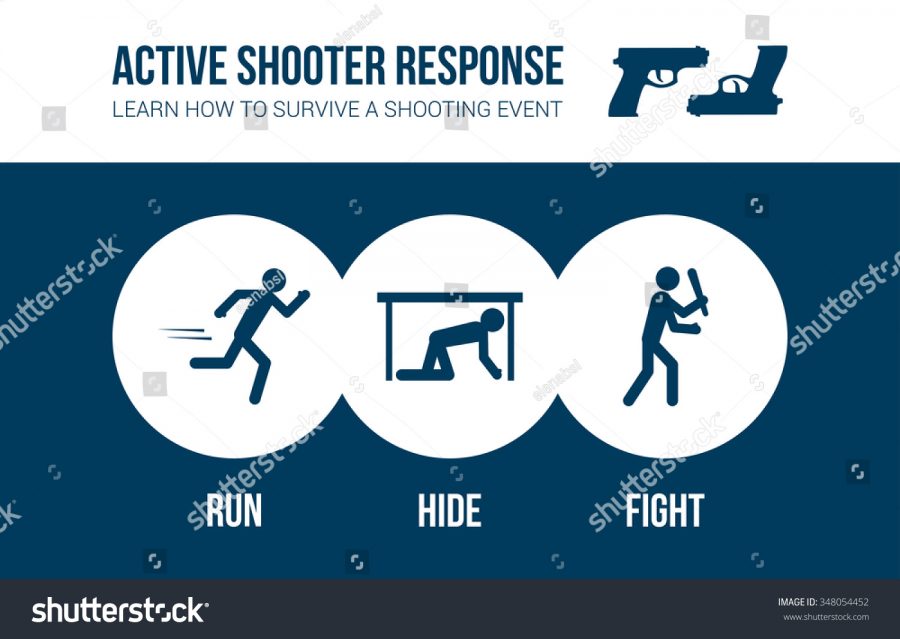Kaitlyn Tambasco, Tangerine Clerk
The United States has experienced numerous tragedies from gun violence in the past few years. According to the National Safety Council and the National Center for Health Statistics, an average of 11,000 people in the United States are killed in firearm assaults each year.
Given the frequency of gun violence in the U.S., including the Oct. 2 Las Vegas shooting now considered the deadliest shooting in American history, many are asking what they should do if they were caught in an active shooter situation.
Many in the Utica College community offered their expertise in emergency management or have come to terms with the fact that they might have to take matters into their own hands if they were confronted with an active shooter.
1) Run, hide or fight
“What the public needs to realize is that we are our own first responders,” Gregory Walsh, assistant professor of criminal justice, said.
Walsh pointed this out because there could be a delay until law enforcement arrives on scene.
“The call to 911 has to be transferred by the 911 center to patrols for emergency response and then the police need to determine where the threat is to take action,” Walsh said. “Rather than just getting to our seats for a concert or any indoor or outdoor event, we need to first make it a habit to look around our area.”
By taking these actions, it could save a lot of time figuring out what to do if there is an emergency, Walsh said.
“I jokingly explain in my presentations on security that I spent 25 years of my life being paid to be paranoid or hyper-aware about security issues so that the general public didn’t have to be,” Walsh said. “The problem is that the hyper-aware switch in your brain is a tough one to turn off, so I am probably on an extreme end of being aware of my surroundings and am a bad example here.”
Walsh also mentioned that the Department of Homeland Security put out a video entitled “Run, Hide or Fight” and how he thinks it should be shown on all college campuses.
“If you find yourself in a horrible situation like the passengers on Flight 93, or like the concert-goers in Las Vegas, doing nothing should not be your choice,” Walsh said. “Make a plan ahead of time, then take the advice of the Department of Homeland Security: First, run to safety. If you can’t run, hide. If you can’t run or hide, fight.”
2) Do not panic
Senior Kayla Penoyer said based on violent events happening in the country more security is needed at large gatherings.
Like Walsh, Penoyer also takes into consideration the area around her. She also added that when at the face of an emergency situation, the worst thing you can do is “freak out.”
“By freaking out, you could miss what’s going on,” she said. “Just don’t be complacent in public places and you will be able to take care of your loved ones and yourself more efficiently if something does happen.”
3) Be observant
Sophomore Joel Kaigler incorporated this situation into his personal life as a firefighter. When training, he learned about one of the largest killings in history at a concert.
“Essentially what happened is, this band came to perform a concert and without telling the venue, they set off fireworks inside the establishment,” Kaigler explained. “This caused a massive fire and the venue was so overbooked so people weren’t able to escape in time and hundreds were trampled and stepped on or died from not being able to escape.”
Kaigler also pointed out that this occurred because everyone that attended the concert only escaped from the main door they came in. More importantly, it was also stated that nobody gave attention to the other three exits in the building, which could have been used to help prevent this problem.
“Learning about this incident caused me to be a lot more observant in public areas,” Kaigler said. “Before you go somewhere in a large crowd, know your escape.”
Kaigler also added that finding an alternative exit is a good option, especially if there is an emergency at hand.
“Being close to the stage is great, but if something were to happen, you are not getting out anytime soon,” Kaigler said. “In terms of a shooting, it’s a little bit more difficult, but still plan an escape route and keep your eyes peeled for exits as you walk in.”
Kaigler also explained how it is important to not get so hung up in the music and that one should still be aware of your surroundings.
“Also in an active shooter situation, do not run in a straight line, run in a z shape because it’s harder to shoot someone who’s running around like a chicken with its head chopped off,” Kaigler said.
Kaigler also stated that staying in one spot is not a good idea. When someone is just sitting there figuring out what to do, they are actually putting themselves in more danger.
“Personally, I like being near exits and knowing my way out,” Kaigler said. “Having something I can use as a weapon, like a pen or a rock on me at all times, and being prepared can really go a long way.”
4) Bring a friend
Junior Natalie Capriglione believes most security systems work well with bag checks and metal detectors, but “if someone wants to harm others, they will find a way no matter how tight the security is.”
Capriglione also pointed out that when attending a big event, like a concert or a sporting event, she never goes alone.
“I don’t bring too many valuables with me, and I go with a group of people so I am not by myself,” Capriglione said. “That way nothing will get stolen, including myself.”
5) Know your surroundings
James Brown, assistant professor of criminal justice, said most people must do a better job taking things like shootings more seriously.
The federal government has taken a lead in a lot of places and many companies perform active shooter drills, he said.
“We had planes in 9/11, we had bombs at Pearl Harbor, and now we’re getting people driving large vehicles into crowds,” Brown said. “We can never stop adapting to the changing mind, and if we don’t learn from tragedy, then we repeat it.”
Like Walsh and Penoyer, Brown also takes similar safety precautions when attending a big event.
“The number one thing to do is know your surroundings,” Brown said. “If it’s a warm day and you see someone with a trench coat and a book bag, be aware.”
He always sticks to the rule that if you see something, you need to say something. He also said people need to be suspicious of anything.
“I personally always sit with my back to the wall,” Brown said. “This way, I can be aware of things that don’t seem normal and that way, my mindset can stay the same.”
If an active shooter was on campus, few would know what to do and that is why people need to be aware of their surroundings. Like Walsh, Brown also incorporated the “Run, Hide or Fight,” scenario to get away from a threat.
“We need to know how to get out of hostile situations,” Brown said. “We need to know exits and make sure our doors are secure.”
Brown then pointed out how in the economic crime and justice studies building all of the classroom doors do not have locks on them and they all open outward.
“My son’s campus has secure entrances on every building,” Brown said. “There, you need to wear your ID at all times. I can think of at least five open entrances to the Strebel Student Center.”
Brown also pointed out that nobody planned for the Virginia Tech or Columbine tragedies and that live trainings are important to combat these events should they occur. Someone who wants to do harm will find a way to do it, but the public needs to maintain control in order to survive.
“This is why we need to scope things out and be prepared at all times,” Brown said. “We need to plan for all different types of attacks.”
6) Let people know where you are but do not “tag in” on social media
Graduate student Chelsea Farr believes the concept of security in the physical sense has really grown, but behind the scenes security measures are lacking.
“These measures can be in the physical sense, like having a plan, an exit strategy, informing others where you will be or where you can find them in an emergency, or they can be in the form of information security,” Farr said. “Information security is a foreign concept to many people in the general public, but it can be easily understood if you can relate to your own life, such as digital security and the security in the sense of private information.”
Farr explained that you should not “tag” where you are at every minute of every day.
Tagging establishes a timeline for others to follow and it will create documentation of your timeline. For instance, if everyone at a concert was publicly tagged in, it publicizes the size of the event. This is a win for a terrorist group out there because harm in numbers is a key factor to sending a message.
“Although in an emergency this would be a key way to locate you, there are many other ways to be found,” Farr said. “These things could be GPS phone tracking, private contact with others before and during the event, never going anywhere alone at an event, knowing the exit plan and checking in ‘safe’ when an emergency does happen.”
Farr also said that growing up, she learned these precautions from her parents because they always pushed safety.
“I think students are afraid to attend big events because of these mass shootings,” Farr said. “Unfortunately, it is a reality that our generation must face every time we decide to go to a large event or even when we are just visiting a big city.”
Even though some students might be afraid, they should not refrain from experiencing large events or traveling to big cities, she said.
“We should become more proactive and realize that mass shootings are a reality,” Farr said. “Have a plan, refrain from sharing everything online and most of all, have fun because life only happens once and living in fear is no way to live.”

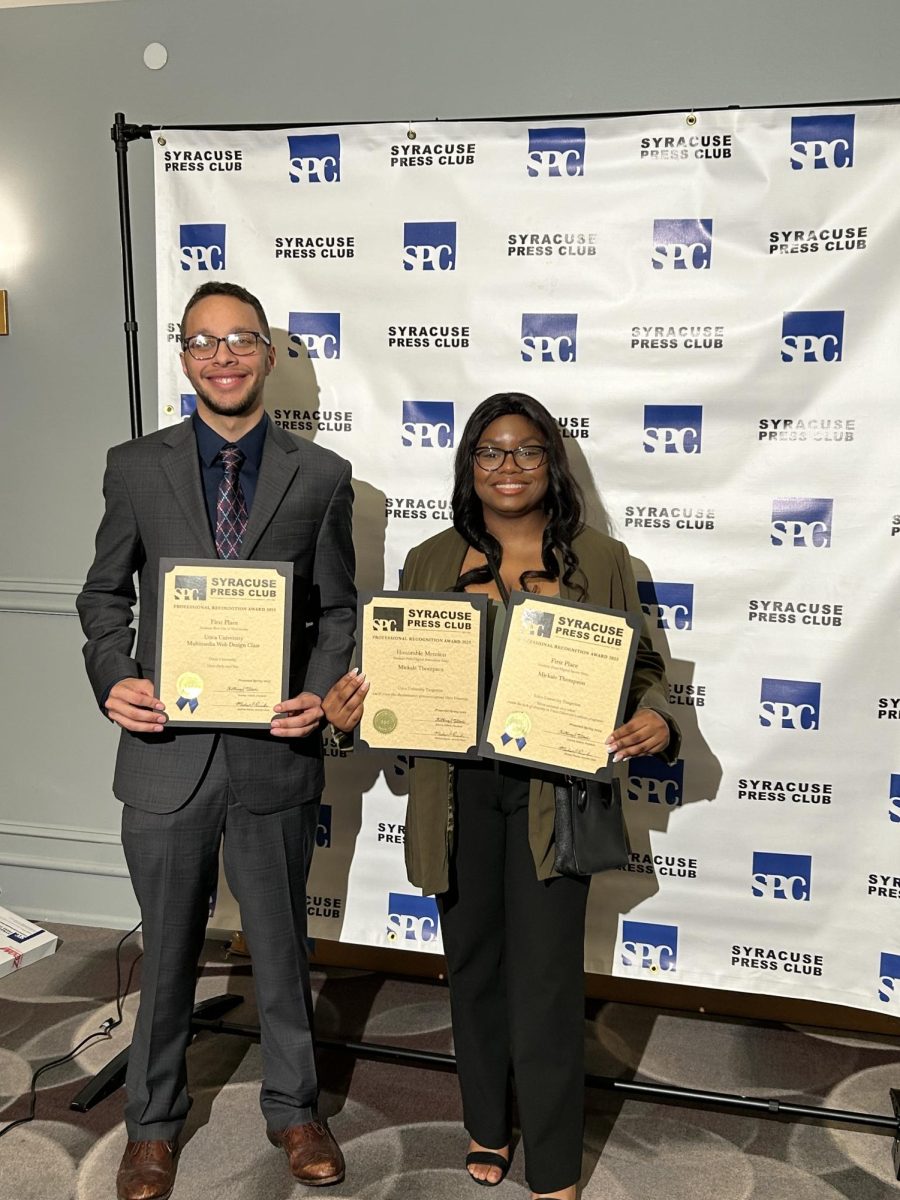


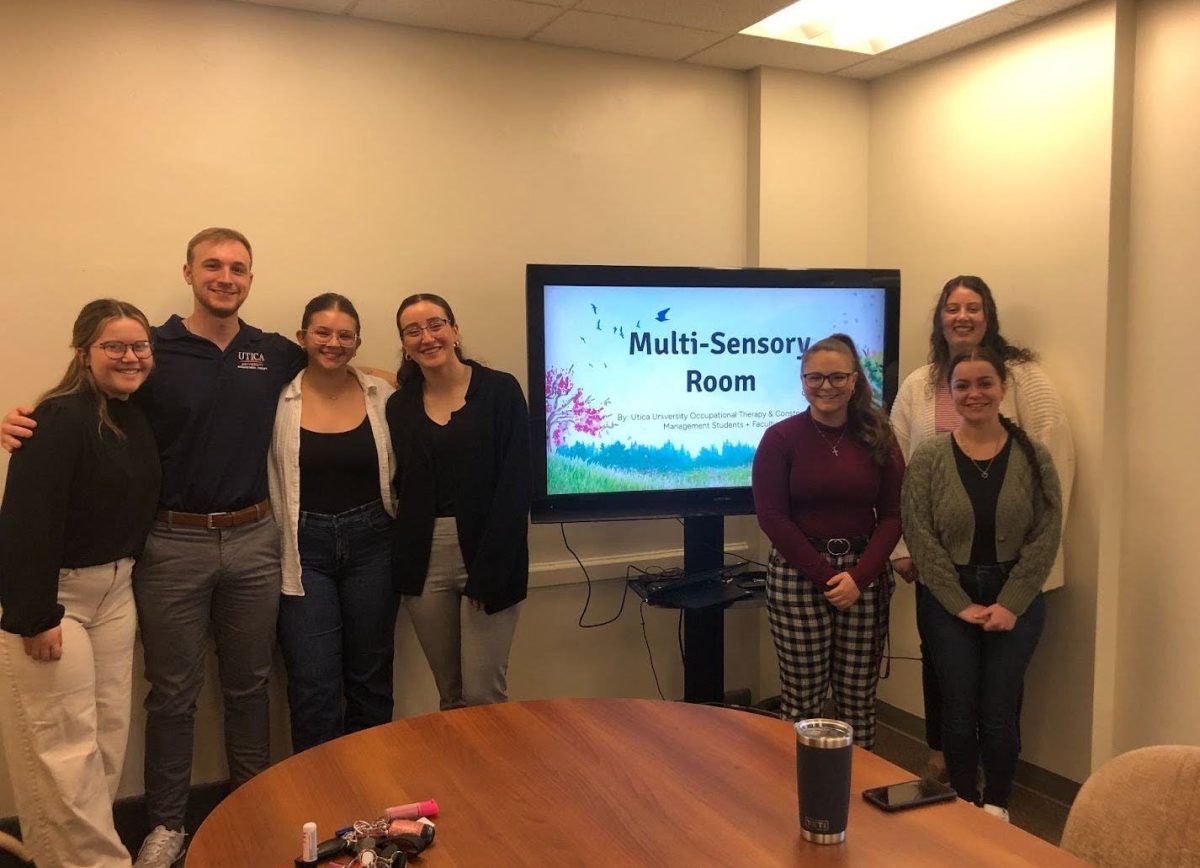
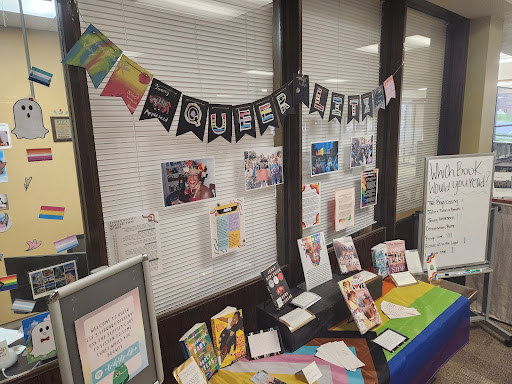

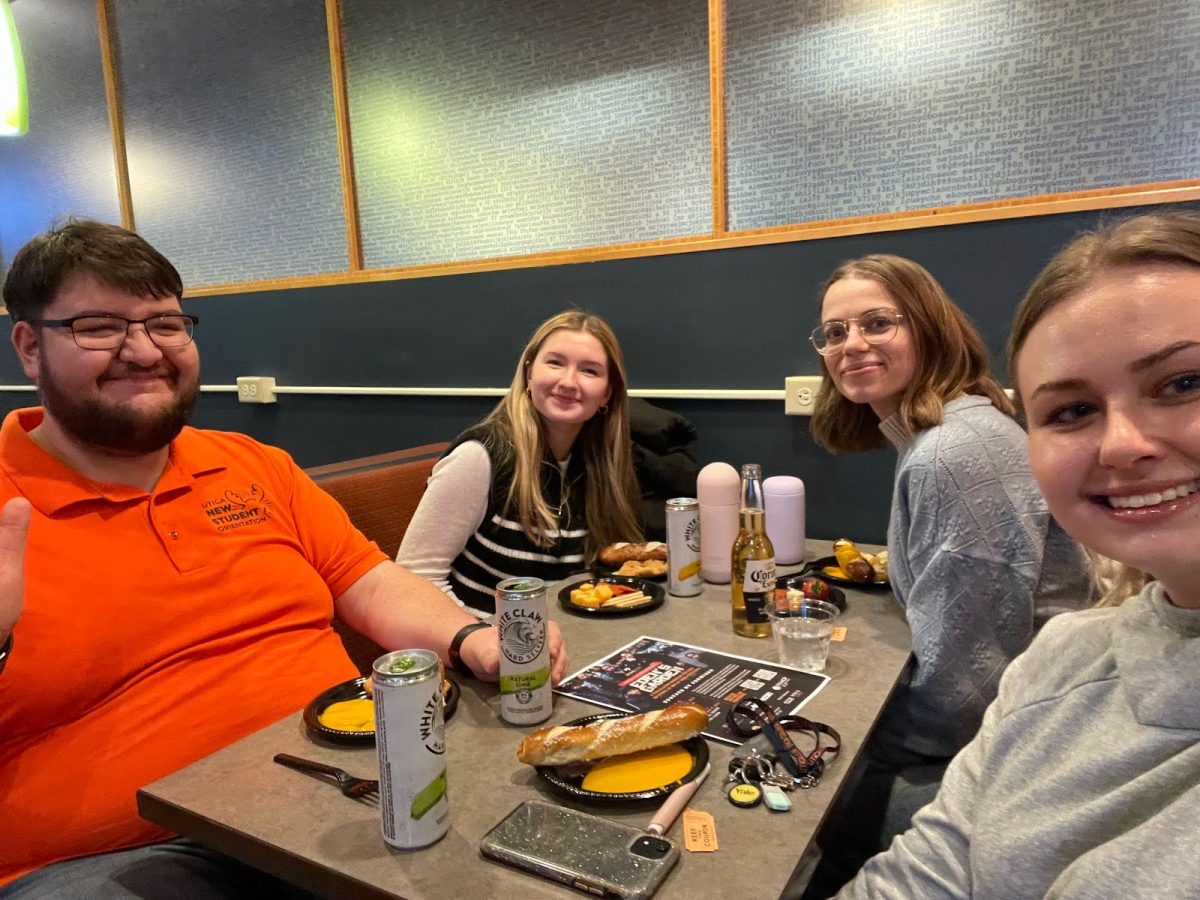










![President Todd Pfannestiel poses with Jeremy Thurston chairperson Board of Trustees [left] and former chairperson Robert Brvenik [right] after accepting the universitys institutional charter.](https://uticatangerine.com/wp-content/uploads/2023/10/unnamed.jpeg)




